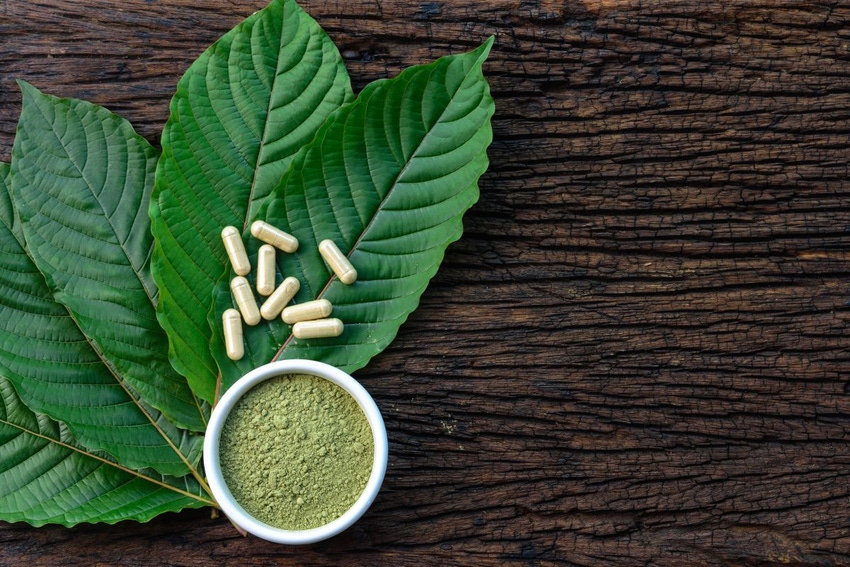Big court victories in recent wrongful death cases involving kratom underscore a reality of civil litigation: collecting on judgments can be equally as challenging as winning a case on the merits before a judge or jury.
December 18, 2023

A law firm has secured a large jury verdict and separately a multimillion-dollar judgment in two wrongful death cases involving kratom, but whether the families will ever see the money remains uncertain.
In July 2023, jurors in Cowlitz County, Washington, sided with the family of Patrick Coyne, represented by mctlaw, and awarded them $2.5 million.
The 39-year-old Coyne died in June 2020 from the “toxic effects of mitragynine (kratom),” according to the lawsuit filed in Cowlitz County Superior Court, citing the county coroner. Coyne used Kratom Divine sold by Oregon-based Society Botanicals, but he did not consume other substances, according to his family and toxicology reports.
Society Botanicals was found liable of negligence, unfair and deceptive business practices, selling a defective kratom product, and breaching an implied warranty. Recovering the monetary damages awarded by the jury could prove challenging, though.
“While the lawsuit was underway, Society Botanicals and the Rooks transferred a number of assets in an apparent attempt to conceal them from collections processes,” Talis Abolins, senior counsel for mctlaw’s kratom litigation practice, told Natural Products Insider via email on Dec. 14. “These transfers may have created additional liabilities for the defendants, and Sybil Coyne is actively pursuing the recovery that her family deserves.”
“The Rooks” refers to Society Botanicals’ owner Wendianne and her husband Jeff. The Rooks did not respond to email or voicemail messages seeking comment for this story.
Meanwhile, the family of Krystal Talavera, who was awarded a default judgment of $11.6 million against defendant Sean Michael Harder and his Idaho-based company, Grow LLC, appears to be in a similar situation.
Her estate and children have yet to receive any funds from Harder or Grow LLC.
“We are in post-judgment discovery,” Tamara Williams, mctlaw trial attorney, told Natural Products Insider in December over video call.
Williams and her colleagues are trying to get Harder into an Idaho courtroom for questioning about his assets. So far, that’s proving difficult and points to an emerging trend: When it comes to kratom companies in the United States, holding owners accountable can be tough.
“There's layer after layer of corporate shields that [some kratom defendants have] tried to raise,” Abolins said. “Part of it is they create these phony shells and so they claim that they're the small mom-and-pop operations that are going to fold or are in the process of folding as soon as you sue them.”
Email and phone requests to Harder for comment went unanswered.
To be sure, tracking down responsible parties in the kratom world is a job in and of itself. As soon as a kratom wrongful death lawsuit starts, lawyers begin gathering information. If the kratom in question was sold at a retailer, “we have to follow the invoicing. And then we have investigators,” Abolins explained.
Lawsuits filed by companies involved in the kratom industry against one another are helpful in aiding plaintiffs’ attorneys in their quests to track down responsible parties, as well as other data concerning contracts and where kratom is delivered and sold.
Abolins expressed confidence that the plaintiffs' attorneys will be successful in collecting on the judgments.
"Post-judgment collection procedures are an expected and important part of the civil justice system. This is especially true for defendants who attempt to hide themselves from the courts," Abolins said in a follow-up email after this story was initially published. "These judgments are relatively recent, the defendants have received substantial profits from their wrongful business activities, and we have every expectation of making the defendants pay through the available post-judgment remedies. We know the shell games and can follow the money. Courts are not usually that sympathetic for defendants who make fraudulent transfers or ignore the judgments imposed."
Editor's note: This article was updated on Dec. 20 with some corrections and additions.
About the Author(s)
You May Also Like






.png?width=800&auto=webp&quality=80&disable=upscale)